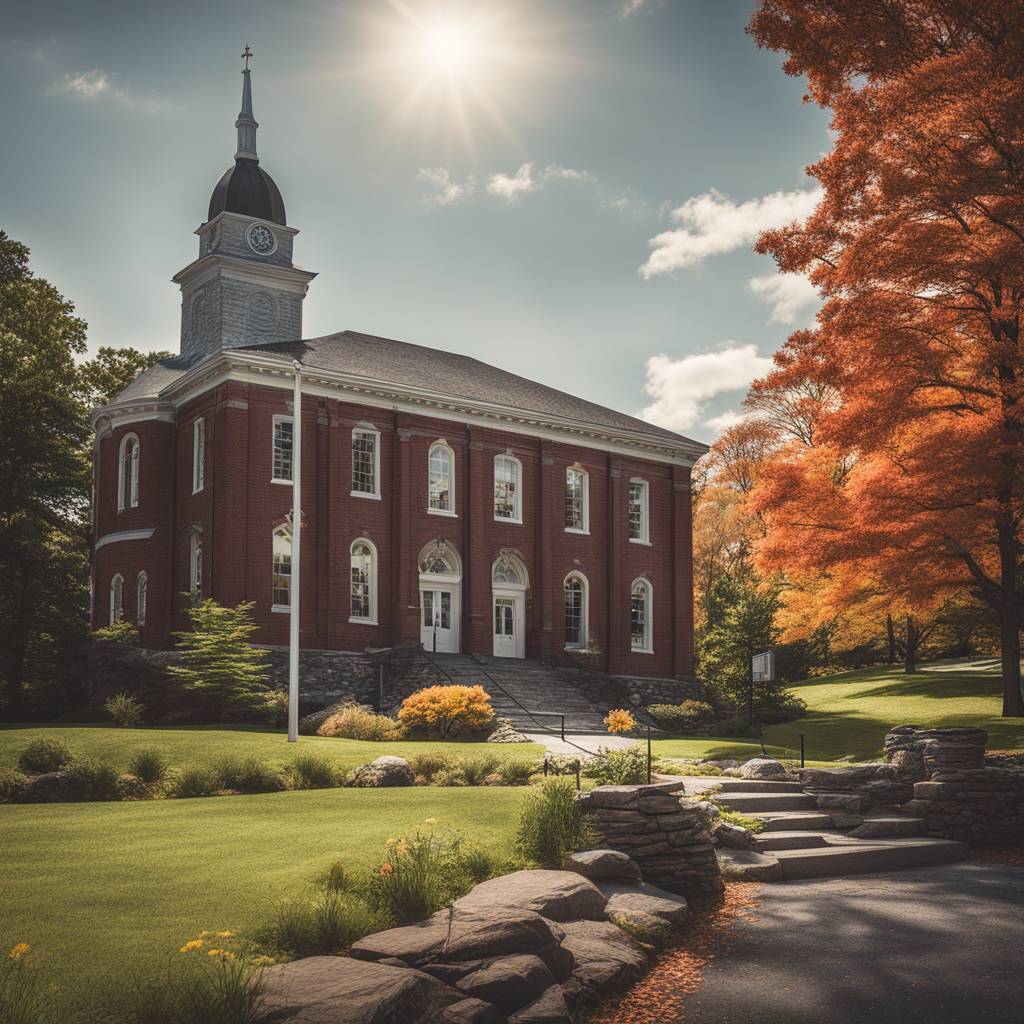Vermont’s Goddard College, known for its progressive education, is closing due to declining enrollment and financial struggles. The decision comes after years of efforts to keep the school sustainable, but it is facing financial insolvency. The board of trustees announced that the school, created in 1938, will close at the end of the semester. Goddard currently has 220 students, a sharp decline from the more than 1,900 students it had in the early 1970s.
Board chair Mark Jones described the closure of Goddard College as a significant loss for students seeking an alternative, progressive higher education. The decision was not made lightly, but with declining enrollment and financial insolvency, the board had no other option but to close the school. Over the years, boards and administrations have attempted to find ways to keep Goddard sustainable but have been unable to overcome the challenges posed by inflationary pressures, demographic changes, and shifts in educational preferences.
Goddard alumni include notable figures such as actor William H. Macy, playwright David Mamet, jailed activist Mumia Abu-Jamal, and members of the rock band Phish. The closure of the college marks the end of an era for a school that has made significant contributions to the arts and education. Despite the closure, Goddard officials are working to ensure that current students have the opportunity to continue their education. Students will have the chance to transfer to Prescott College in Arizona at the same tuition rate. Additionally, other partner institutions may be announced in the future, and a scholarship fund will be created to help students transition.
The financial struggles faced by Goddard College reflect broader challenges in the higher education sector. Schools across the country have been grappling with declining enrollments, demographic shifts, and changes in students’ educational preferences. The closure of Goddard is a stark reminder of the difficulties facing small liberal arts colleges and other institutions that offer alternative, progressive education. While the closure is heartbreaking for the Goddard community, it also serves as a warning to other schools to adapt to the changing landscape of higher education in order to remain sustainable.
The closure of Goddard College highlights the impact of external factors such as demographic changes and economic pressures on small colleges. As schools face challenges in enrollment and finances, they will need to find innovative ways to adapt and evolve. The closure of Goddard, a pioneer in alternative education, underscores the need for colleges to remain responsive to changes in student preferences and market demands. While the loss of Goddard is significant, it also presents an opportunity for reflection and adaptation within the higher education sector.
In the wake of Goddard College’s closure, the higher education community will need to consider how to support students and institutions facing similar challenges. As colleges navigate the complexities of financial sustainability and changing student demographics, they will need to prioritize innovation and adaptability. The closure of Goddard is a reminder of the fragility of small colleges and the need for stakeholders to work together to ensure the continued strength and viability of the higher education sector. Despite the closure of Goddard, the legacy of the college and its contributions to progressive education will continue to inspire future generations.













